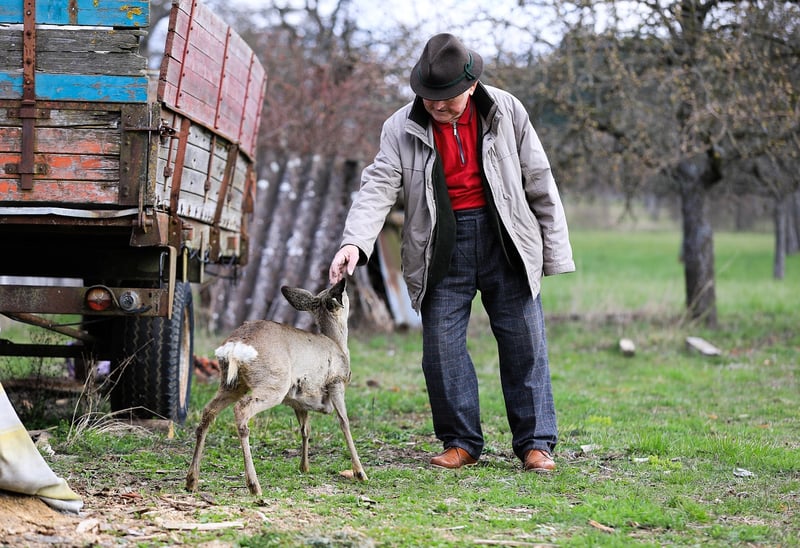Sourcing Materials
Expert Tips for Upcycling and Sourcing Materials
Upcycling is a creative way to give new life to old items by transforming them into something useful or beautiful. Whether you're a seasoned upcycler or just getting started, learning from experts can provide valuable insights and inspiration for your projects. In addition to upcycling, sourcing materials sustainably is essential for reducing waste and environmental impact. Here are some expert tips to help you upcycle effectively and source materials responsibly.
1. Join Upcycling Workshops and Classes
Attending workshops and classes led by experienced upcyclers is a great way to learn new techniques and get hands-on practice. Look for local events or online workshops where you can interact with experts and fellow upcyclers to exchange ideas and tips.
2. Follow Upcycling Blogs and Social Media Accounts
Stay updated on the latest upcycling trends, tips, and projects by following blogs and social media accounts of upcycling experts. They often share tutorials, before-and-after transformations, and recommendations for sustainable materials.
3. Explore Thrift Stores and Flea Markets
Thrift stores and flea markets are treasure troves of potential upcycling materials. Visit these places regularly to find unique items like old furniture, textiles, and accessories that can be repurposed into new creations.
4. Connect with Local Artisans and Craftsmen
Building relationships with local artisans and craftsmen can help you access high-quality materials for your upcycling projects. They may have surplus materials or offcuts that you can repurpose creatively.
5. Embrace DIY and Experimentation
Don't be afraid to experiment with different techniques and materials in your upcycling projects. DIY experimentation can lead to innovative solutions and unique creations that reflect your personal style.
6. Consider Sustainability in Material Selection
When sourcing materials for upcycling, prioritize sustainability by choosing items that are durable, recyclable, or biodegradable. Avoid single-use plastics and opt for natural or repurposed materials whenever possible.

By learning from experts in upcycling and sourcing materials responsibly, you can enhance your skills and contribute to a more sustainable approach to creativity. Start incorporating these expert tips into your upcycling projects and watch your creations take on new life!
Remember, upcycling is not just about transforming old items – it's also about transforming attitudes towards waste and consumption. Let's work together to make a positive impact on the environment through mindful upcycling practices.
